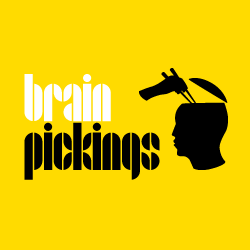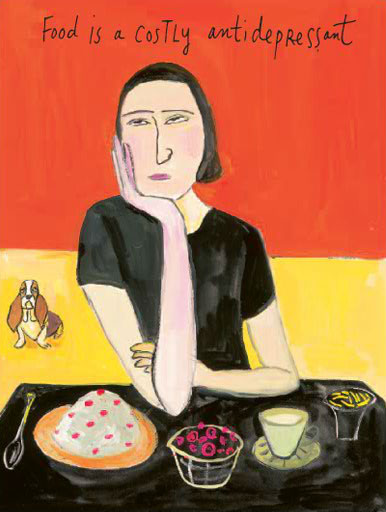- You Are Not So Smart: Why You Have Too Many Friends on Facebook, Why Your Memory Is Mostly Fiction, and 46 Other Ways You're Deluding Yourself, David McRaney
- Thinking Fast and Slow, Daniel Kahneman
- The Secret Life of Pronouns: What Our Words Say About Us, James W. Pennebaker
- Incognito: The Secret Lives of the Brain, David Eagleman (a favorite of Rob's)
- The Ego Trip: In Search of the Self, Julian Baggini
- Flourish: A Visionary New Understanding of Happiness and Well-Being, Martin E.P. Seligman
- The Tell-Tale Brain: A Neuroscientist's Quest for What Makes Us Human, V.S. Ramachandran
- The Belief Instinct: The Psychology of Souls, Destiny, and the Meaning of Life, Jesse Bering
- Out of Character: Surprising Truths About the Liar, Cheat, Sinner (and Saint) Lurking in All of Us , David DeStono and Piercarlo Valdesolo
There is also a psychology book in the Best Biographies and Memoirs of 2011 post, Moonwalking with Einsten: The Art and Science of Remembering Everything by Joshua Foer. Finally, listed in the Best Food Books of 2011 is Maira Kalman's excellent illustrated version of Michael Pollan's Food Rules, which includes this illustration:
Here are some other books from 2011 that should be in a top psychology books list, in no particular order:
- Willpower: Rediscovering the Greatest Human Strength, Roy Baumeister and John Tierney
- The Better Angels of Our Nature: Why Violence Has Declined, Steven Pinker
- Redirect: The Surprising New Science of Psychological Change, Timothy D. Wilson
- The Psychopath Test: A Journey Through the Madness Industry, Jon Ronson
- Adapt: Why Success Always Starts with Failure, Tim Harford
- The Science of Evil: On Empathy and the Origins of Cruelty, Simon Baron-Cohen
- The Believing Brain: From Ghosts and Gods to Politics and Conspiracies - How We Construct Beliefs and Reinforce Them as Truths, Michael Shermer
- Brain Bugs: How The Brain's Flaws Shape Our Lives, Dean Buonomano
- A First-Rate Madness: Uncovering the Links Between Leadership and Mental Illness, Nassir Ghaemi
- The Compass of Pleasure: How Our Brains Make Fatty Foods, Orgasm, Exercise, Marijuana, Generosity, Vodka, Learning, and Gambling Feel So Good, David J. Linden
- Now You See It: How the Brain Science of Attention Will Transform the Way We Live, Work, and Learn, Cathy N. Davidson
- Who's in Charge?: Free Will and the Science of the Brain, Michael Gazzaniga
- The Optimism Bias: A Tour of the Irrationally Positive Brain, Tali Sharot
- What Makes Your Brain Happy and Why You Should Do the Opposite, David DiSalvo
Whew - that's quite a list. What books have YOU read? What are your thoughts? And which books did I omit that should be added? Please share in the comments section below.
--posted by Steve







2 comments:
I have not read any of these! Instead I scoured google for depth psychology publications, such as by Hillman and Jung, to ground myself in foundational theories.
It is great to see so much psych theory being translated to the general puclic, as well as students, as to how to apply it in day to day life.
It's not called 'the study of the obvious' for nothing ~:-) And we can all benefit and create the change we want to see by becoming better observers, reflectors, critical thinkers and problem navigators.
A year old - a good psych book called "Sleights of Mind". You might have heard of it already. The kids really love it. It talks about the neuroscience of magic, or what they call "neuromagic". It explains the 'why' of why magic tricks fool people using the latest neuroscience research. Also some interesting magic psychology on the website
http://www.sleightsofmind.com
Post a Comment